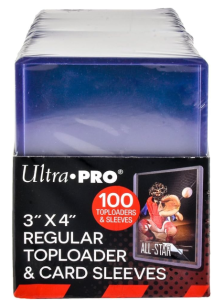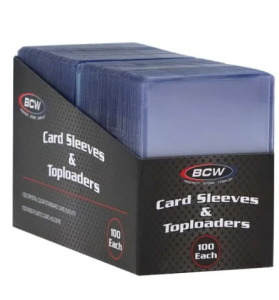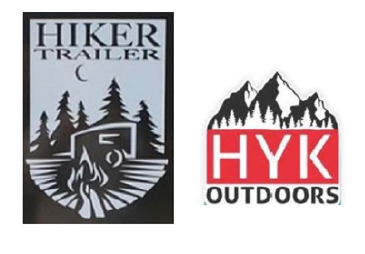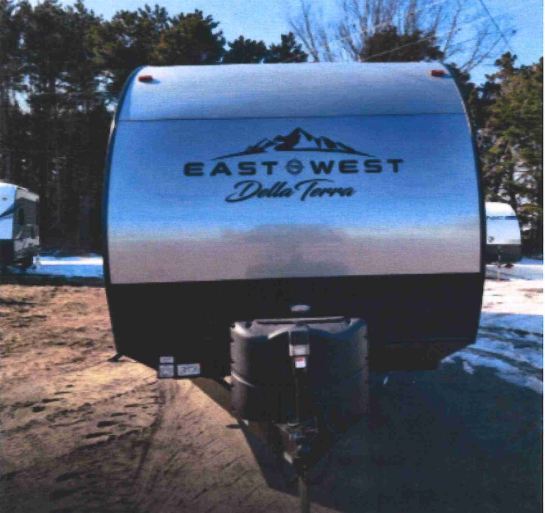BCW Diversified, Inc. (BCW) has filed a declaratory judgment complaint against Ultra PRO International, LLC (Ultra Pro) seeking a court declaration that BCW’s conduct does not infringe, dilute, or constitute unfair competition regarding Ultra Pro’s alleged trademarks for plastic trading card holders. Specifically, BCW contests Ultra Pro’s claims over marks such as TOPLOADER, PENNY SLEEVES, PRO-BINDER, MINI SNAP, CHROMAFUSION TECHNOLOGY, and DECK VAULT, which BCW argues are either invalid or unprotectable.
The case originates from Ultra Pro’s demands for BCW to stop using these terms, claiming they infringe upon its trademarks. BCW denies any wrongdoing, maintaining that the terms in question are generic, non-infringing, and commonly used in the industry for specific types of card protectors. BCW claims their product offerings, which include top loaders, penny sleeves, mini snaps, and other protective trading card items, have been in use for over thirty years and are not intended to serve as trademarks. BCW emphasizes that these terms are used descriptively and are not likely to confuse consumers regarding the source of the products.

BCW’s position is that Ultra Pro’s claims lack legal foundation. For example, BCW argues that Ultra Pro’s registration of marks such as TOPLOADER and PENNY SLEEVES should not be considered valid as they are generic terms that have been in common use long before Ultra Pro’s registration. Additionally, BCW alleges that Ultra Pro has failed to prove that its marks are famous enough to support a claim of trademark dilution under the Lanham Act. BCW also challenges Ultra Pro’s attempt to enforce exclusive rights in phrases like “CHROMAFUSION TECHNOLOGY,” arguing that this term is merely descriptive of a process and not a distinctive trademark.
 Indiana Intellectual Property Law News
Indiana Intellectual Property Law News










